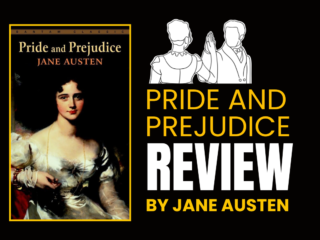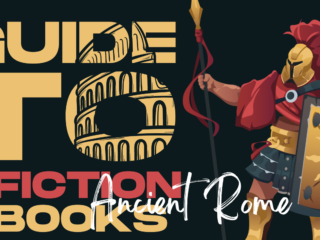George Orwell’s 1984 is a dystopian novel that has captured readers’ imaginations since its publication in 1949.
The novel is set in a nightmarish future where totalitarianism has reached its zenith, and it presents a chilling critique of political oppression, surveillance, and the manipulation of truth.
In this review, we will delve into the themes, characters, and impact of Orwell’s seminal work.
Plot Summary
1984 is set in the superstate of Oceania, ruled by the Party, led by the enigmatic Big Brother. The story follows Winston Smith, a low-ranking member of the Party who works at the Ministry of Truth, where his job is to alter historical records to fit the Party’s ever-changing narrative. As Winston grows increasingly disillusioned with the Party’s omnipresent control and its erasure of the past, he begins a forbidden love affair with Julia and becomes involved in a rebellious group known as the Brotherhood. However, their rebellion is short-lived as they are betrayed and subjected to intense psychological and physical torture.
Themes
- Totalitarianism and Surveillance: Orwell’s depiction of a totalitarian regime in 1984 is both frightening and thought-provoking. The Party’s absolute control over every aspect of life, including thoughts, is facilitated by pervasive surveillance, exemplified by the telescreens that monitor citizens’ every move. This constant surveillance creates a climate of fear and self-censorship, making dissent nearly impossible.
- Manipulation of Truth and Historical Revisionism: A core theme of 1984 is the manipulation of truth. The Ministry of Truth’s alteration of historical records exemplifies how the Party controls reality and suppresses dissent. The concept of “doublethink” – the ability to hold two contradictory beliefs simultaneously – reflects the extent of the regime’s control over thought and reality.
- Language and Thought Control: Orwell explores the relationship between language and thought through the invention of Newspeak, a language designed to eliminate unorthodox thoughts and prevent dissent. By narrowing the range of expression, Newspeak aims to limit the capacity for rebellious thoughts, demonstrating how language can be a tool for ideological control.
- Resistance and Futility: Winston’s struggle against the Party highlights the futility of resistance in a society where power is absolute. His initial hope for rebellion and change is ultimately crushed by the Party’s ruthless tactics, reflecting Orwell’s pessimistic view of the potential for resistance in the face of overwhelming oppression.
Character Analysis
- Winston Smith: As the protagonist, Winston represents the struggle for individuality and truth in a repressive society. His internal conflict and eventual downfall underscore the dehumanizing effects of totalitarianism. Winston’s character arc serves as a powerful commentary on the loss of personal freedom and autonomy.
- Julia: Julia is Winston’s lover and fellow rebel. While she shares Winston’s desire for rebellion, her motivations are more personal and less ideological. Her character contrasts with Winston’s, highlighting different forms of resistance and submission to the Party.
- O’Brien: O’Brien is a high-ranking Party member who initially appears to be an ally to Winston and Julia. His eventual betrayal and psychological manipulation of Winston reveal the depths of the Party’s control and the lengths to which it will go to maintain power.
Impact and Legacy
1984 has had a profound impact on literature and political thought. Its exploration of themes such as surveillance, propaganda, and the nature of truth remains highly relevant in contemporary discussions about government control and individual freedoms. Orwell’s creation of terms like “Orwellian” and “Big Brother” has become shorthand for discussions about oppressive regimes and intrusive surveillance.
The novel’s enduring relevance is evident in its influence on various forms of media and its continued presence in academic discussions. It serves as a stark reminder of the dangers of unchecked political power and the importance of safeguarding democratic principles and personal freedoms.
Conclusion
George Orwell’s 1984 is a masterful work of dystopian fiction that remains a crucial text for understanding the nature of totalitarianism and the impact of political oppression.
Its exploration of surveillance, truth, and resistance continues to resonate with readers, making it a timeless and essential read.
The novel’s chilling portrayal of a world where freedom and individuality are crushed by an all-powerful regime serves as a powerful warning against the dangers of totalitarianism and the erosion of personal liberties.







